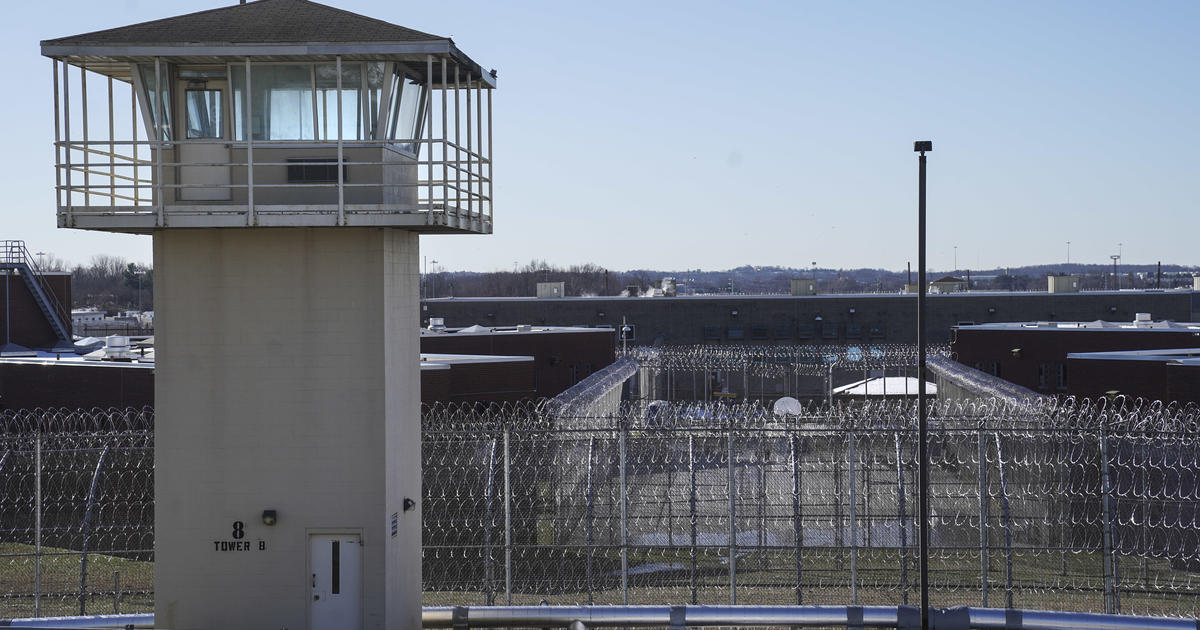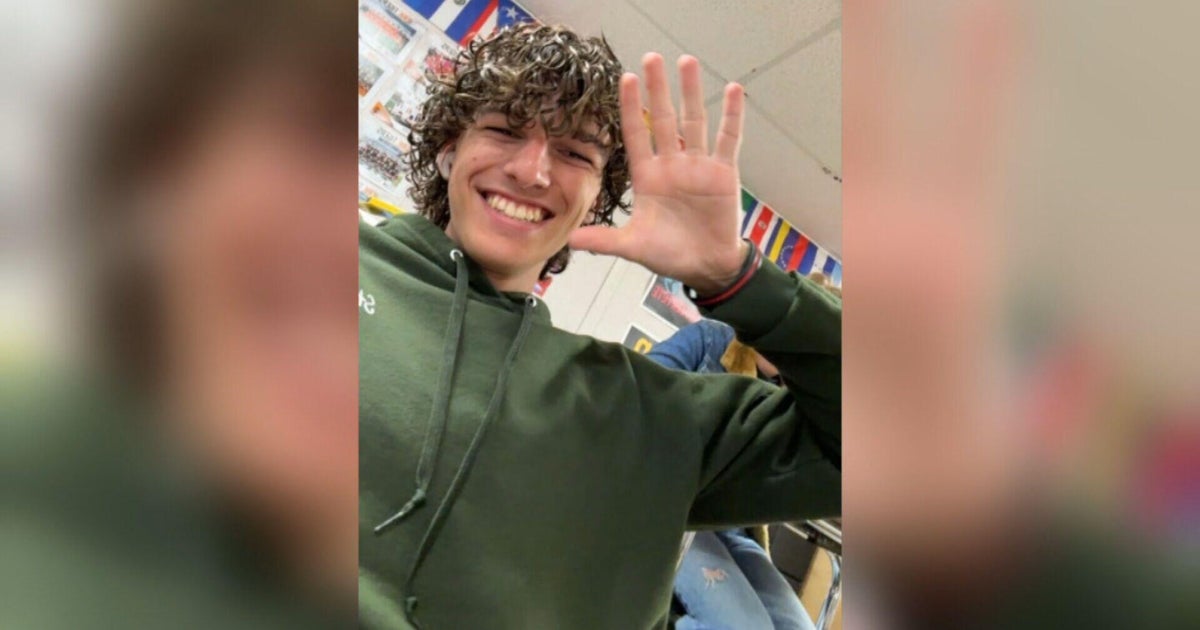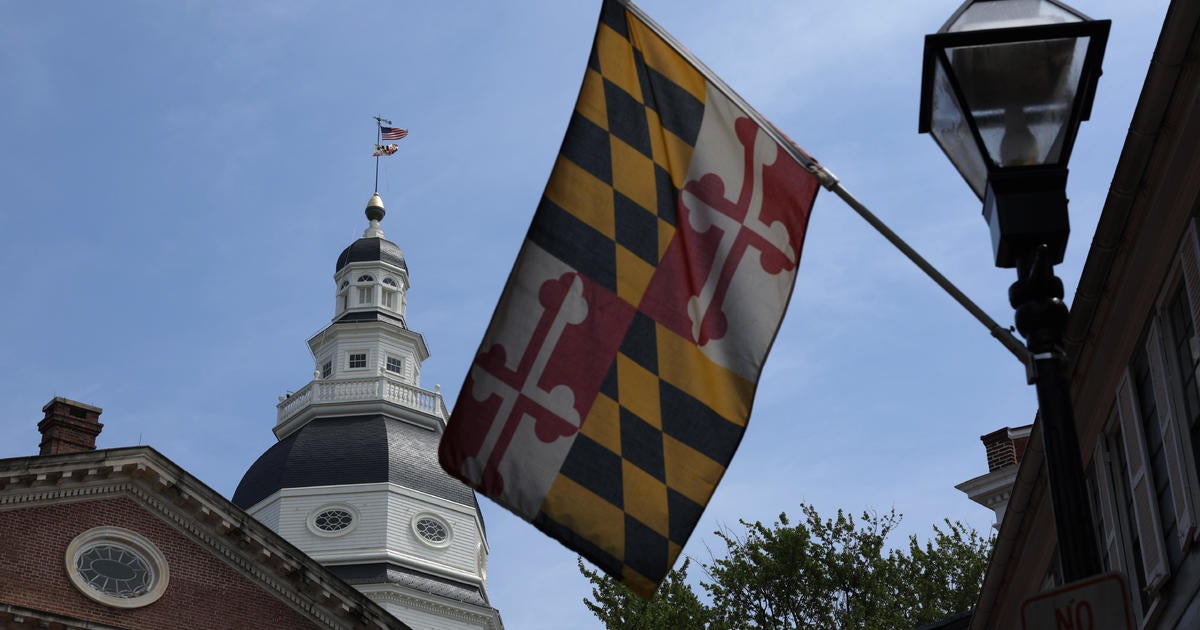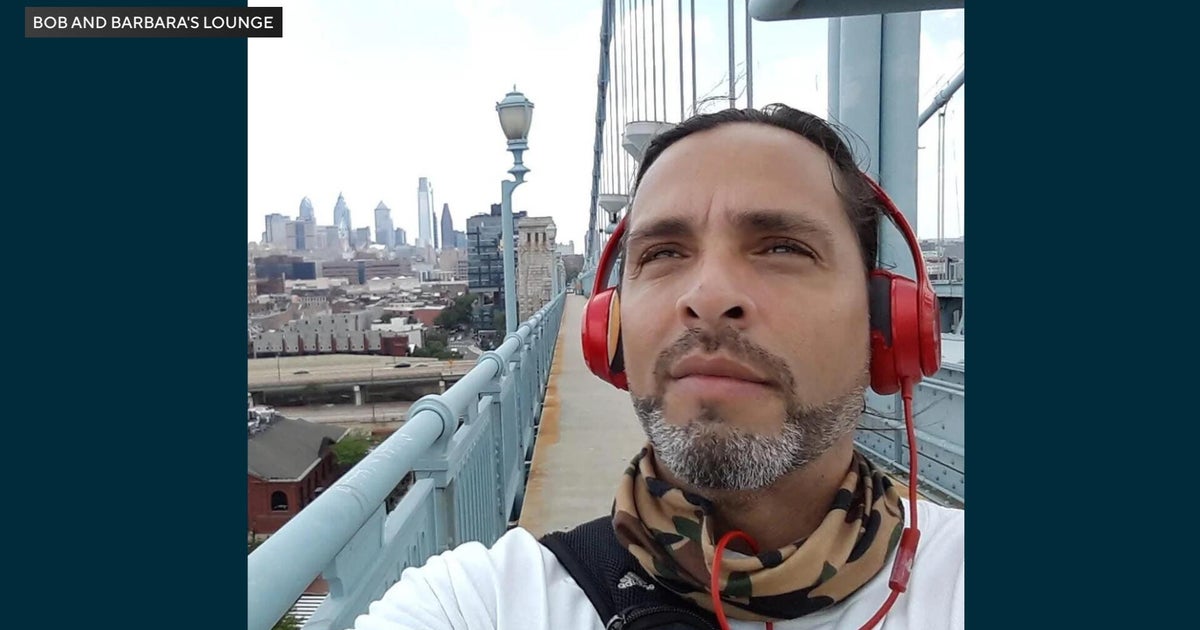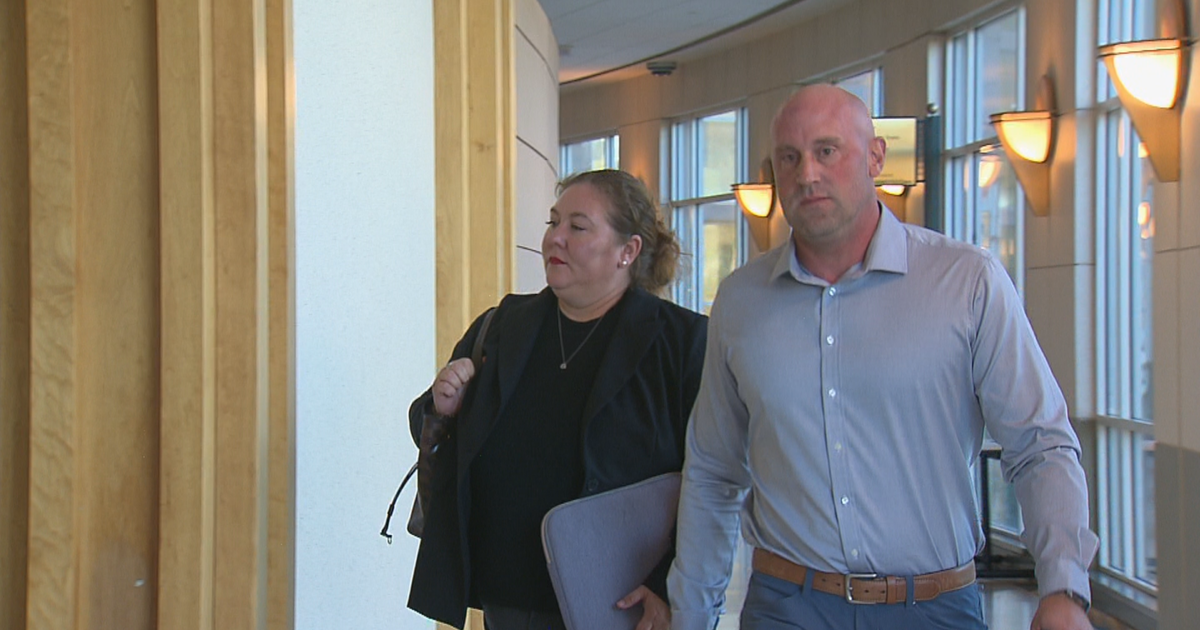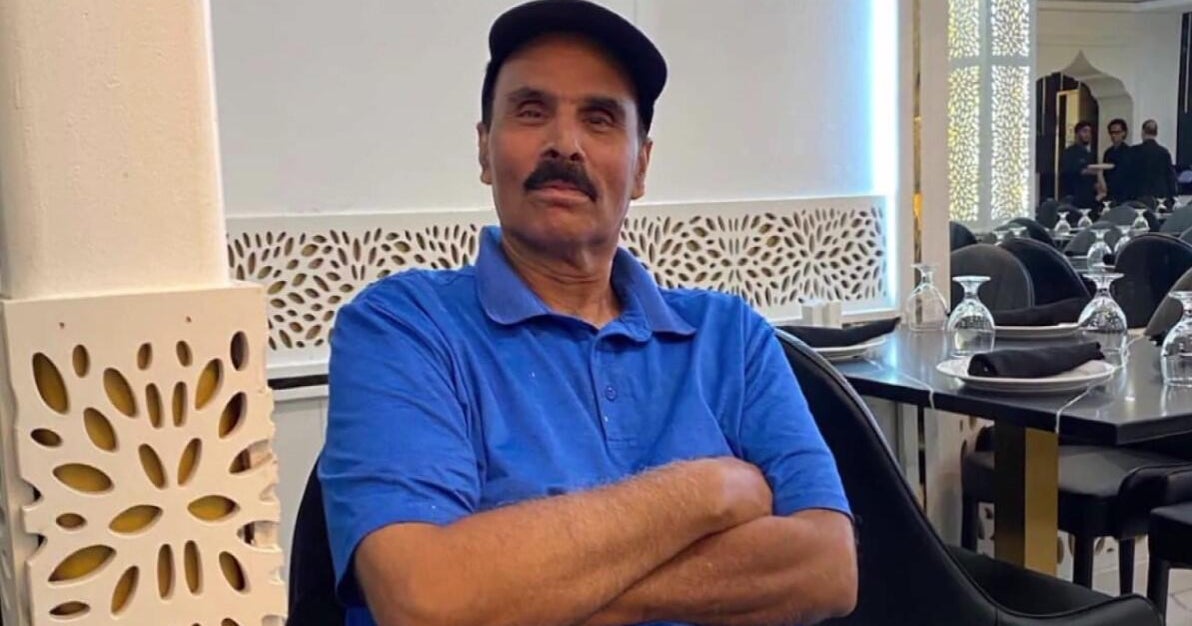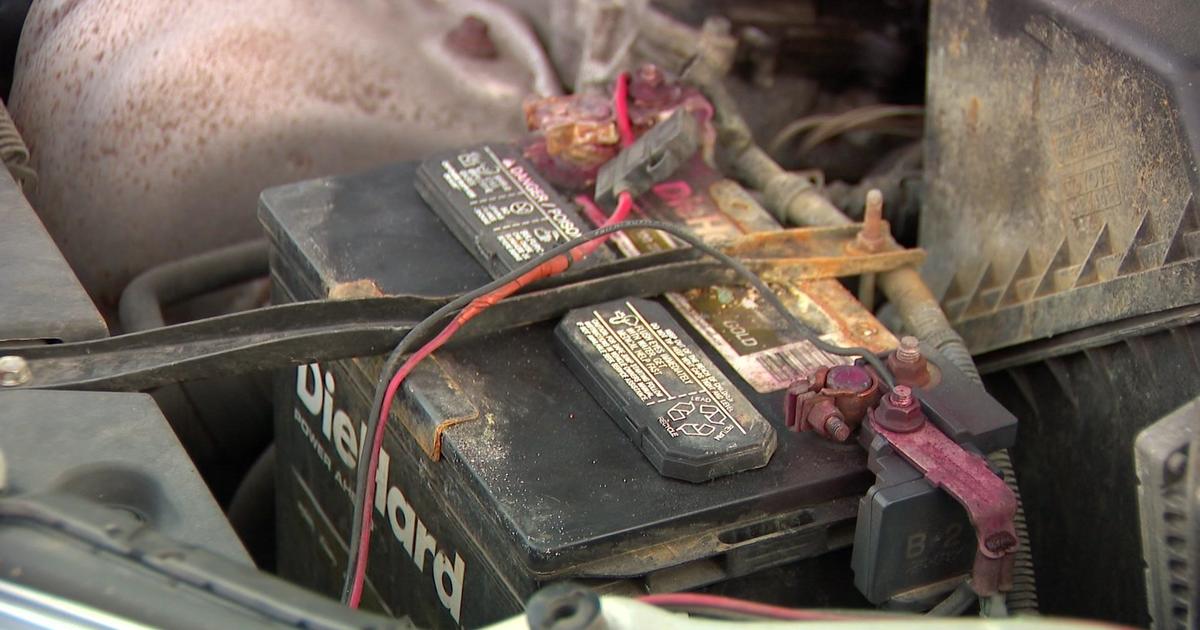FDA: Monster Energy Drinks Linked To 5 Deaths, Including Md. Teen
HAGERSTOWN, Md. (WJZ) -- A 14-year-old Hagerstown girl is dead and her family says it was energy drinks that killed her. Now they are pushing for stricter regulations nationwide.
Meghan McCorkell has more on their fight.
That family says their daughter went into cardiac arrest after drinking two energy drinks, drinks they call a death trap for children.
The parents of Anais Fournier, 14, say Monster Energy Drink killed their daughter. Now they're suing the beverage company.
"The family really hopes they can keep this from happening to anybody else," said their attorney, Kevin Goldberg.
Wendy Crossland says in December, her daughter went to Valley Mall and drank a 24-ounce can of the energy drink. The next day, she went back to the mall and drank another 24-ounce can on Monster Energy. That night, the teen went into cardiac arrest. Her cause of death: cardiac arrhythmia due to caffeine toxicity. Now Crossland is fighting for tougher restrictions.
She spoke to Anderson Cooper.
"I've been in touch with some senators [and] congresspeople to try to force the FDA to regulate these [energy drinks]," Crossland said.
In a statement, Monster Energy tells WJZ, "Monster does not believe that its beverages are in any way responsible for the death of Ms. Fournier. Monster is unaware of any fatality anywhere that has been caused by its drinks."
But the FDA is investigating five deaths and one heart attack potentially linked to the energy drink over the past three years.
Drug expert Mike Gimbal says there need to be warning labels.
"These items are dangerous to children and there's very little way of regulating what's in it or how much they're using," Gimbal said.
Parents we spoke with agree.
"They scare me. They really do. And I feel for that little girl," said Georgia Palmer.
"It has so much caffeine. I don't even let him drink Mountain Dew," said Rebecca Riffle.
According to the coroner, Anais Fournier did have a mild underlying heart condition that was aggravated by the caffeine.
In a 2008 study, researchers at Johns Hopkins called for prominent labels on all energy drinks warning of health risks, including caffeine intoxication.
